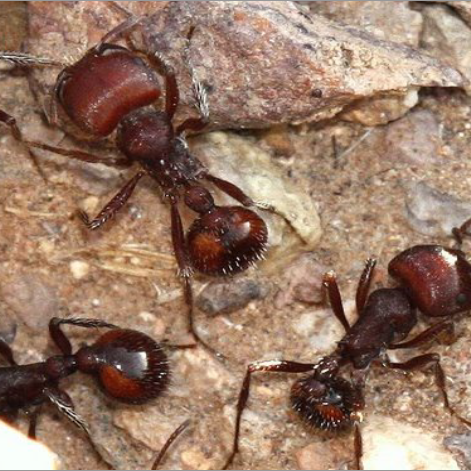Tuesday, November 9th, 2021
Virtual Zoom Meeting
7:30 PM EST
The ecology of collective behavior
Deborah Gordon
Department of Biology, Stanford University

Abstract:
Collective behavior operates without central control, using local interactions among participants to allow groups to respond to changing conditions. Ant colonies function collectively, and the enormous diversity of more than 14,000 species of ants, in different habitats, provides opportunities to look for general ecological patterns. I will contrast two ant species: harvester ants that (Pogonomyrmex barbatus) live in the desert, where water is limited but conditions are stable, and the arboreal turtle ant (Cephalotes goniodontus ) that lives in the canopy of the tropical forest, where activity is easy but conditions are unpredictable. These examples suggest how collective behavior evolves to respond to changing situations.
Due to visitor restrictions on Harvard campus and COVID-19 social distancing guidelines, we are temporarily suspending all physical meetings and formal pre-talk dinners until further notice.
CEC meetings are normally held the second Tuesday of the month from October through May. The evening schedule typically includes an informal dinner (5:45 to 7:15 PM) followed by our formal meeting (7:30 – 9:00 PM). The latter begins with club business and is followed by a 60-minute entomology related presentation. Membership is open to amateur and professional entomologists.


